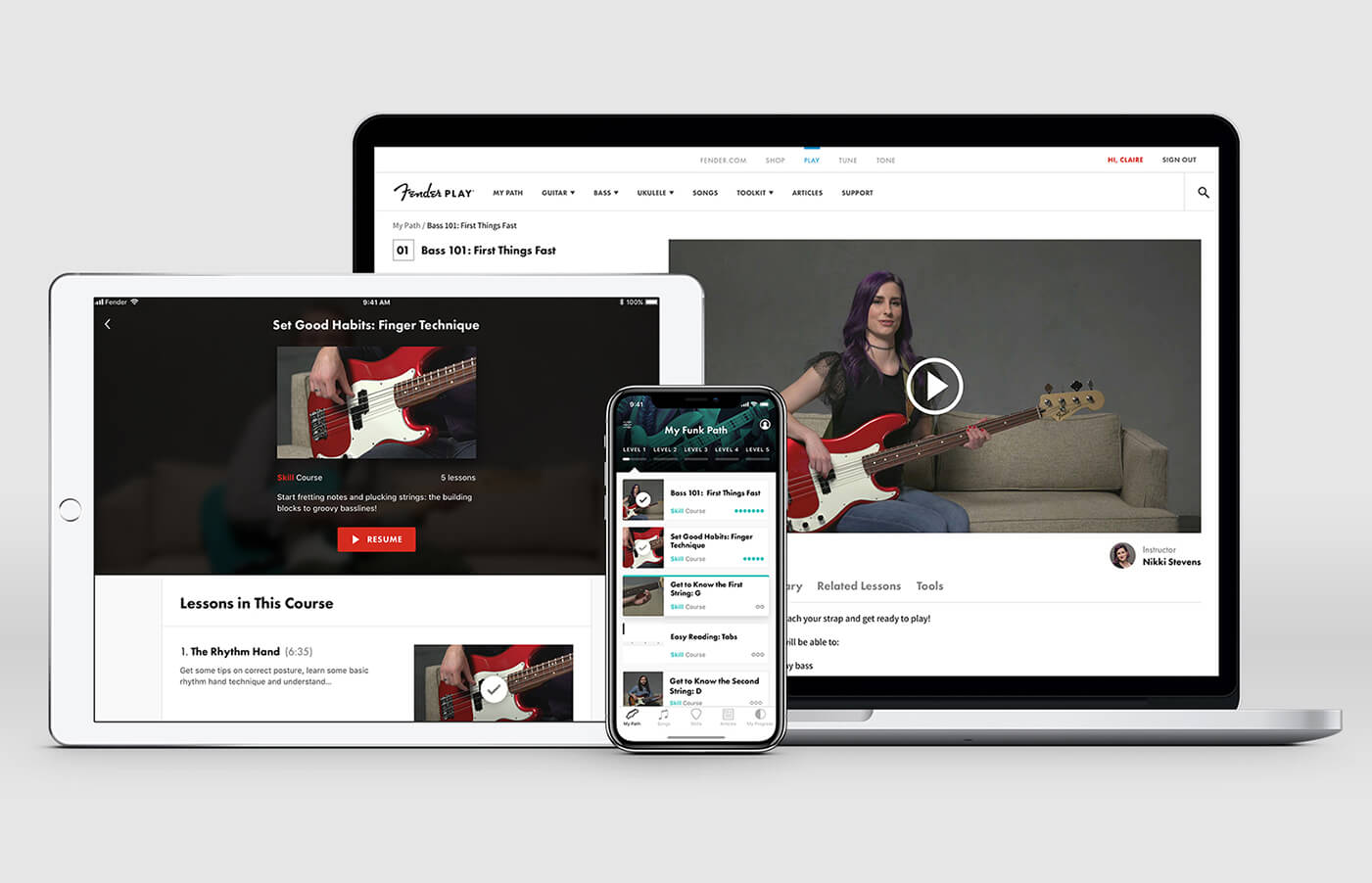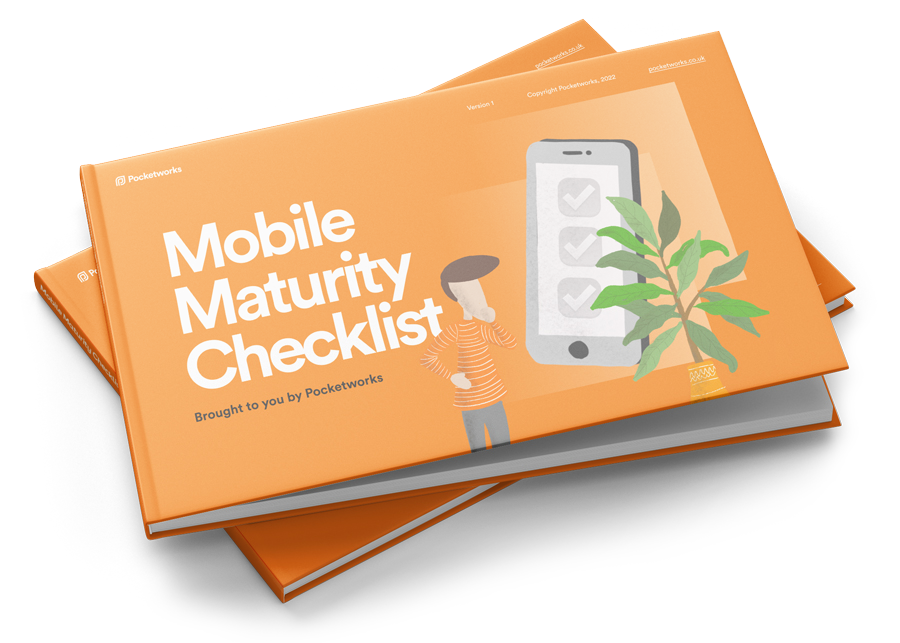Fender is an inspiring traditional manufacturer that is using apps and digital tech to help artists be the best they can be. They're getting amazing results, so I thought it would be interesting to take a closer look at what they're doing.
One million new customers in 4 months
The Fender Play app gained just short of 1,000,000 new customers from March 2020 to June 2020. Of all those customers, 99% were new to the Fender brand. Pretty good digital outcomes for a company that makes guitars.
In case you don’t know, Fender was founded in 1943 and has just had its 75th birthday. Despite their traditional roots and heritage, they have been astonishingly forward-thinking with their use of digital technology.
And their customers seem to fully appreciate it.
I was curious to figure out what’s made them successful, and a lot of it boils down to user research and an ambitious mobile strategy.
Surviving lockdown
Like many companies, Fender had to adapt quickly after lockdown. 90% of their 1,000 worldwide guitar dealers closed overnight. Orders were cancelled and the resulting sales drop-off was immense, so Fender had to preserve cash quickly. Everyone in the company took pay cuts and bonuses were cancelled.
A lot of those 1,000,000 new customers came because Fender gave away access to their online learning all for free. This was at a time when a lot of people were thinking of ways to learn new skills whilst in lockdown, and many went on to buy guitars.
“One of our biggest initiatives over the next three years is welcoming new and aspiring players by simplifying and demystifying the guitar-buying process,”
Matt Annerino, VP of Growth, CRM & Media at Fender
Because Fender couldn't demonstrate new guitars to dealers face to face, they developed an online presentation to show features and benefits virtually. They needed dealers to trust the quality of the product, and they promised to invest heavily in marketing to drive demand. They did, and it worked. Fender had back-orders for the American Professional II until Spring 2021.
Learn more about how they made it through the pandemic in this interview with the CEO on Strategy & Business.
Don’t fix what isn’t broken.
Fender rarely uses tech to make their guitars more “digital” or modern. Guitarists are a particular bunch, and there is something sacred about a block of beautiful tone-wood with some strings on it. Fender knows this, so they don’t channel their digital prowess at improving their awesome guitars.
Gibson — another world-class guitar brand — almost lost their business by getting distracted by digital tech. They tried to “cyborg” their instruments by adding all sorts of tech. The result? Customers refused to buy, and they almost went bankrupt. It wasn’t just the bank that got hit either. The whole Gibson brand had become confusing. Were they a guitar company or a tech company? Not good.
Fender did something different — they listened to customers. They didn’t ask them what to do, though. Instead, they found out where they were struggling so they could help. This enabled them to use digital tech to create new forms of value for customers; to give customers apps and tools that enable them to get things done. For example, to help them select a guitar to buy or to learn how to play.
Fender's mobile strategy
Let's start with their mission. From the outside, it looks like Fender's purpose is to enable people to develop their musical potential. Leo, the founder, puts it far more elegantly.
Leo Fender once said that all artists were angels, and it was his, “job to give them wings to fly.”
If that’s the goal, their mobile strategy must be to use the technology to do that. And that is exactly what they are doing.
Fender knows that they don’t necessarily need to digitise their guitars to do this. No, they need to help the customer make better buying choices, or give them tools to help them learn and develop their skills.


